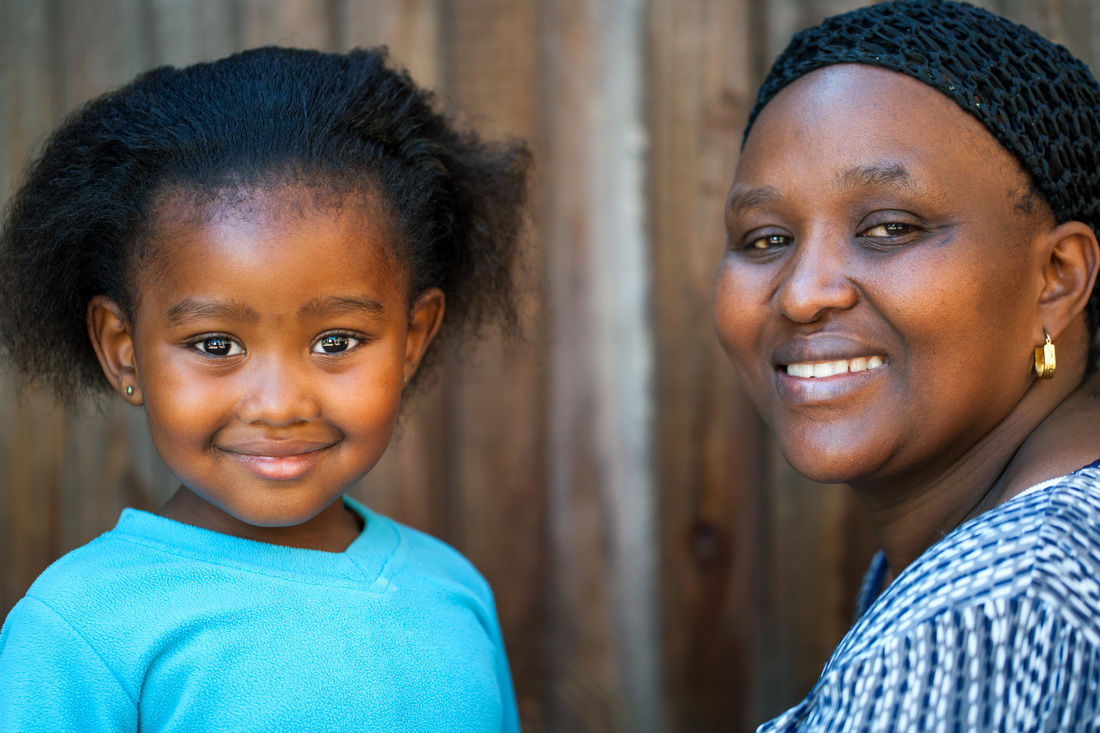|
We support caregivers who work with children in especially difficult circumstances and who are using the methods developed by Dr Wanjiku Kaime Atterhög. (Learn more on her methods below.) By providing financial and professional support to these Caregivers, they are able to offer Group Homes and Vocational Training institutes in their own areas, providing free care and education to hundreds of vulnerable children and youth who in turn find their way out of poverty.
How it all started
In 1993, Dr Wanjiku Atterhög did a research on sexually exploited children in Thailand and in 1996 she did one more research on street children in Kenya. During her research, the children narrated to her that the care they received from existing services for vulnerable children was inadequate. Many told stories of being beaten, being given uncooked food or being overworked when in residence at the institutions of care. According to the children this made them chose to stay in prostitution and on the streets rather than make use of the services available to them or they simply went from one service to another “shopping” for what they wanted in different situations. The caregivers, on the other hand, complained that they were not able to keep children in care and out of the streets or prostitution because they were “streetwise” and not willing to be subjected to routines or give up their freedom. This finding led Wanjiku to carry out research on the caregivers which included following them over many months to observe the way they worked and their capacities in delivering care to the children. Wanjiku confirmed that the children were right and that indeed, the caregivers often established services out of the goodness of their hearts but lacked professional training to do a good job. Thus, they often ended up alienating the children they wanted to serve with the methods they used to rehabilitate them. From Research to a SIDA Advanced International Training Programme With this knowledge and with help from the children to find qualities of a good caregiver, Wanjiku developed a training curriculum for a training programme that would specifically target the kind of caregivers that she encountered in the field – people with a heart to do good for the children but with no professional training. The training was aimed at changing attitudes and improving knowledge, skills and methods to enable the caregivers develop good working relationships with children and offer good quality care. The first three courses held in 1998, 1999 and 2000 were held as University courses at Uppsala University and were supported by Sida. From 2006 the course became a Sida Advanced International Training Programme - offered by Sida and directed by Wanjiku - to participants from 13 countries in Africa and Asia. Wanjiku has directed, managed and taught in all the courses that have so far trained and transformed about 150 caregivers globally. These participants are now in turn training others in their respective countries through networks they have established and formally registered regionally and nationally. Through Dr Wanjiku Kaime Atterhög, House of Plenty Foundation provides continuous support to caregivers who run group homes and vocational training institutes under the name of House of Plenty. |

